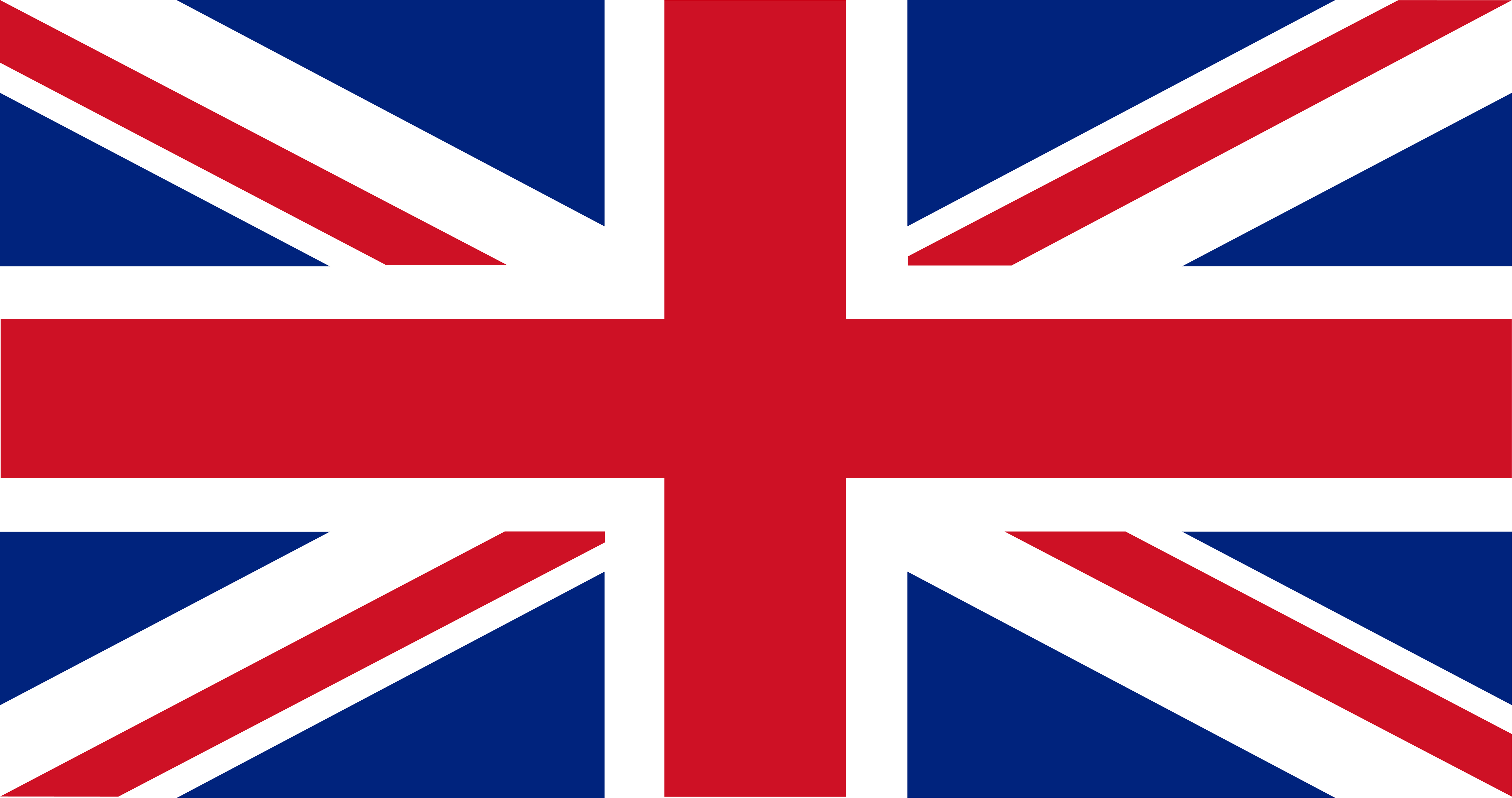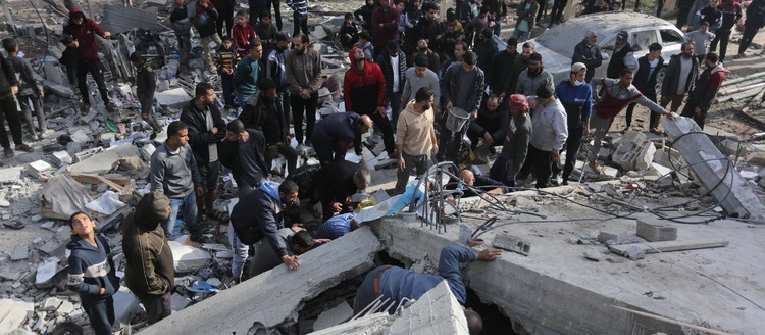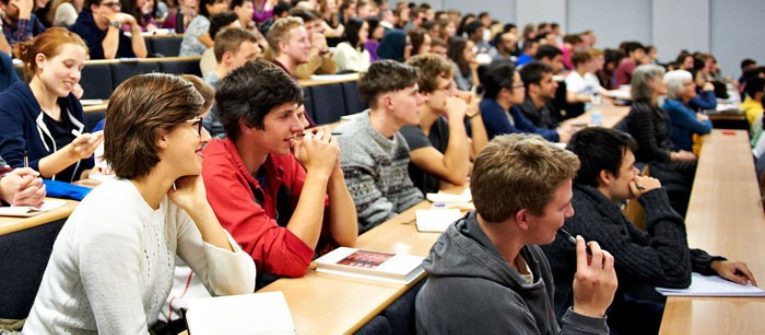 02 August 2024
02 August 2024
Is Public Diplomacy Necessary?
Public diplomacy encompasses activities carried out by states based on analyses focused on interests, benefits, threats and opportunities, with the aim of influencing the public opinion of other countries. It differs from traditional diplomacy in that it targets not only the governments of other countries but also non-governmental actors and, in particular, public opinion. Through public diplomacy, dialogue between citizens and institutions of different countries is established and diversified. Among its main objectives are not only to influence other public opinions but also to develop this influence, to inform correctly, and to change and correct misunderstandings and perceptions that arise consciously or unconsciously (Doğan, 2012, p. 13).
Public diplomacy is a comprehensive and in-depth structure in terms of building various relationships, using various communication strategies, creating cultural dialogues, improving country branding and image, creating perceptions, and replacing misinformation with accurate information (Demir, 2012, p. 12).
The actor of public diplomacy is not only the state or government. Non-governmental actors, civil society organisations, universities, schools, opinion leaders, social media and news agencies, pressure groups, and even individuals can carry out public diplomacy activities (Sancar, 2022, pp. 90-95). However, it cannot be carried out by a single institution or individual. What matters is not who carries out public diplomacy activities. What matters is the impact of the public diplomacy activities carried out. Credibility is extremely important for this impact to emerge. This is because the discourse of a trusted person or institution will be more convincing and persuasive.
When public diplomacy, which has a broad structure and strategic importance, is carried out correctly by reliable and appropriate individuals or institutions, it improves the negative image of countries, increases their prestige, transforms them into centres of attraction, and creates opportunities to have their national interests and policies accepted by other countries and societies (Özkan, 2015, p. 5). Additionally, it facilitates the development of inter-societal political, social, economic, and cultural relations and enhances cooperation. In this context, it can also be said to contribute to peace.
Countries that fail to present themselves with the right people, institutions, tools and methods, that cannot convey their messages, promote themselves, influence public opinion, persuade others and provide adequate information, are unable to correct their negative image, change the negative perceptions formed about them and escape the slander directed at them. When countries and societies fail to fulfil this responsibility in a timely manner, changing the false and incorrect thoughts and perceptions formed about them becomes both extremely difficult and causes them to gradually lose their appeal and competitive advantage. It also leaves future generations with the heavy burden of proving their country and nation and regaining their respectability and prestige. For all these reasons, public diplomacy is essential and must be sustained within the capabilities of the country and society.
REFERENCES
Demir, V. (2012). Kamu Diplomasisi ve Yumuşak Güç. İstanbul : Beta Yayınları.
Doğan, E. (2012). Kamu Diplomasisinin Sunduğu Fırsatlar ve Kısıtlar Üzerine. Tasam Yayınları.
Özkan, A. (2015). 21. Yüzyılın Stratejik Vizyonu Kamu Diplomasisi ve Türkiye'nin Kamu Diplomasisi İmkanları. Tasam Yayınları.
Sancar, G. A. (2022). Kamu Diplomasisi ve Uluslararası Halkla İlişkiler. İstanbul: Beta Yayınları.







